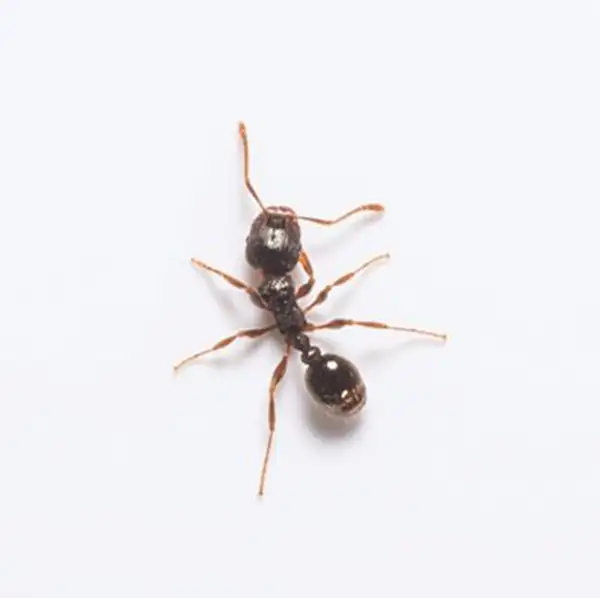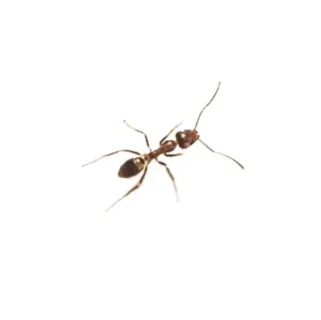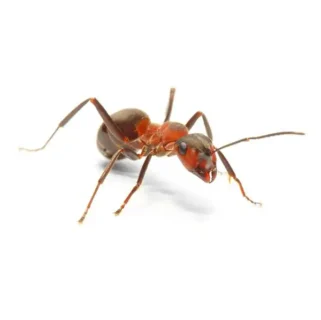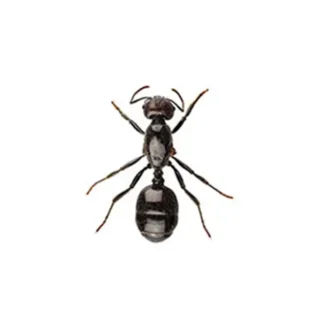Pavement Ants in Virginia
Pavement ants nest under sidewalks, driveways, and foundations, thriving in the Virginia area where they feed on a variety of foods like meat, grease, seeds, sweets, and dead insects. Their preferred food, however, is honeydew produced by aphids and mealybugs. Swarming takes place in spring, though indoor colonies can lead to continuous swarming. Often mistaken for termites, their swarms can be an unsightly nuisance in commercial buildings. Because their nests are close to structures, they frequently invade homes and buildings for food.
Pavement Ant Habitat
Known for their slow and careful movements, pavement ants leave noticeable trails to and from food sources, particularly at night. As their name suggests, they typically nest under or near paved surfaces like sidewalks and concrete slabs, with urban areas being particularly suitable for them due to the lack of vegetation. The soil they displace while digging is often seen as small mounds near the nest, commonly found on the ground or near patios. Inside homes, these ants are often discovered in kitchens and patios, where they build nests in wall cavities, insulation, or beneath flooring.
Pavement Ant Behaviors, Threats, or Dangers
Pavement ants are capable of biting and stinging, though human bites are uncommon. Known as a nuisance pest, they leave debris piles on driveways, sidewalks, and inside commercial buildings. They can also contaminate food when invading homes in large numbers. These ants are particularly attracted to greasy foods, sweets, and protein sources. Without prompt treatment of their nests, pavement ants will continue to spread and form new colonies.
If you suspect an infestation, it’s a good idea to contact a professional ant exterminator.
Need help with Pavement Ant control?
Leave your information below and we’ll be in touch with a FREE quote!
"*" indicates required fields
*During normal business hours. After hours calls will be returned the next business day.





